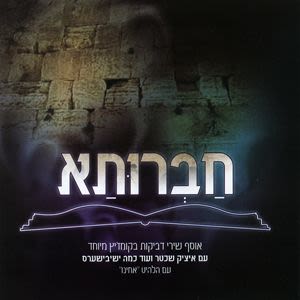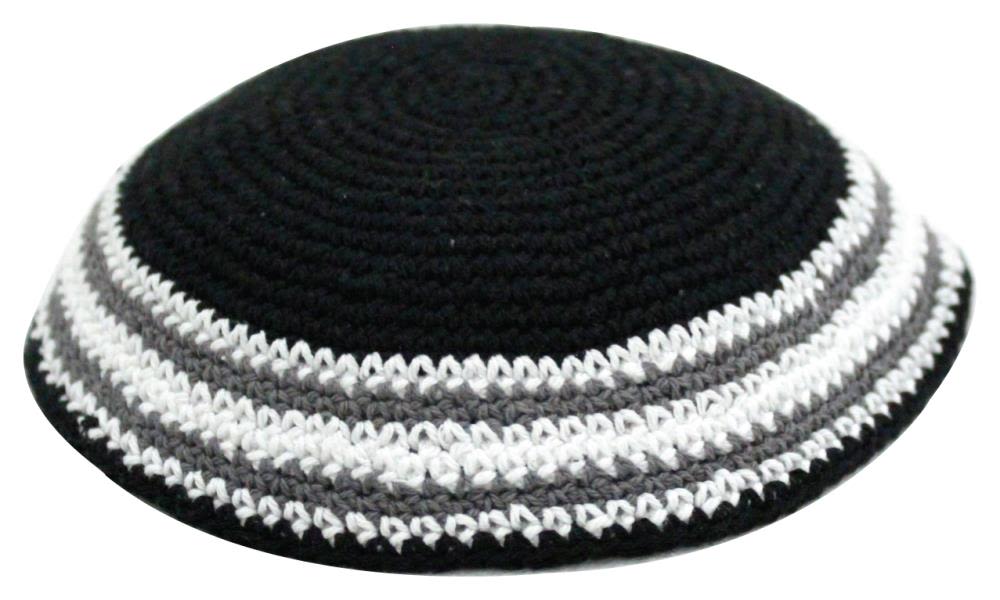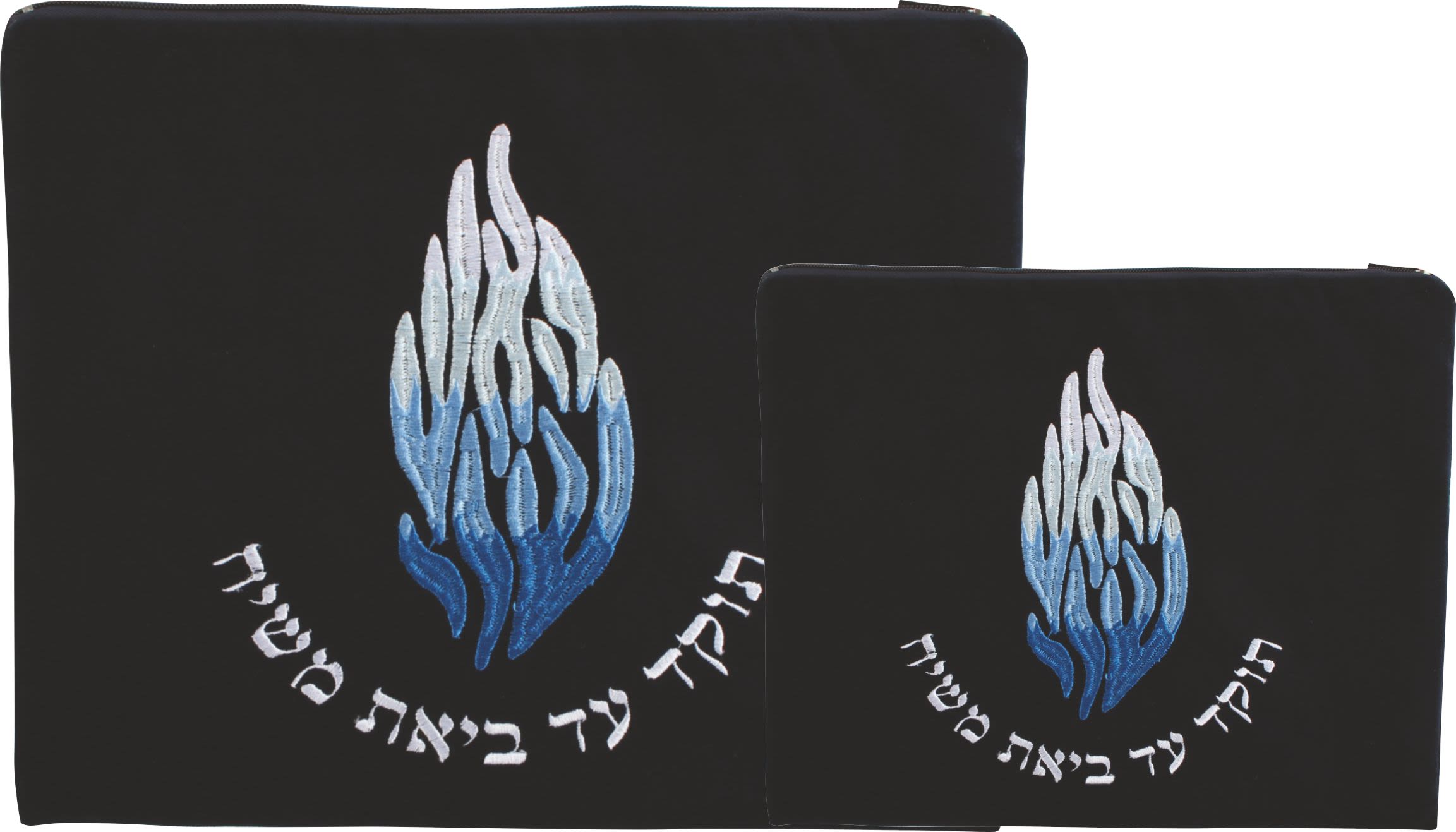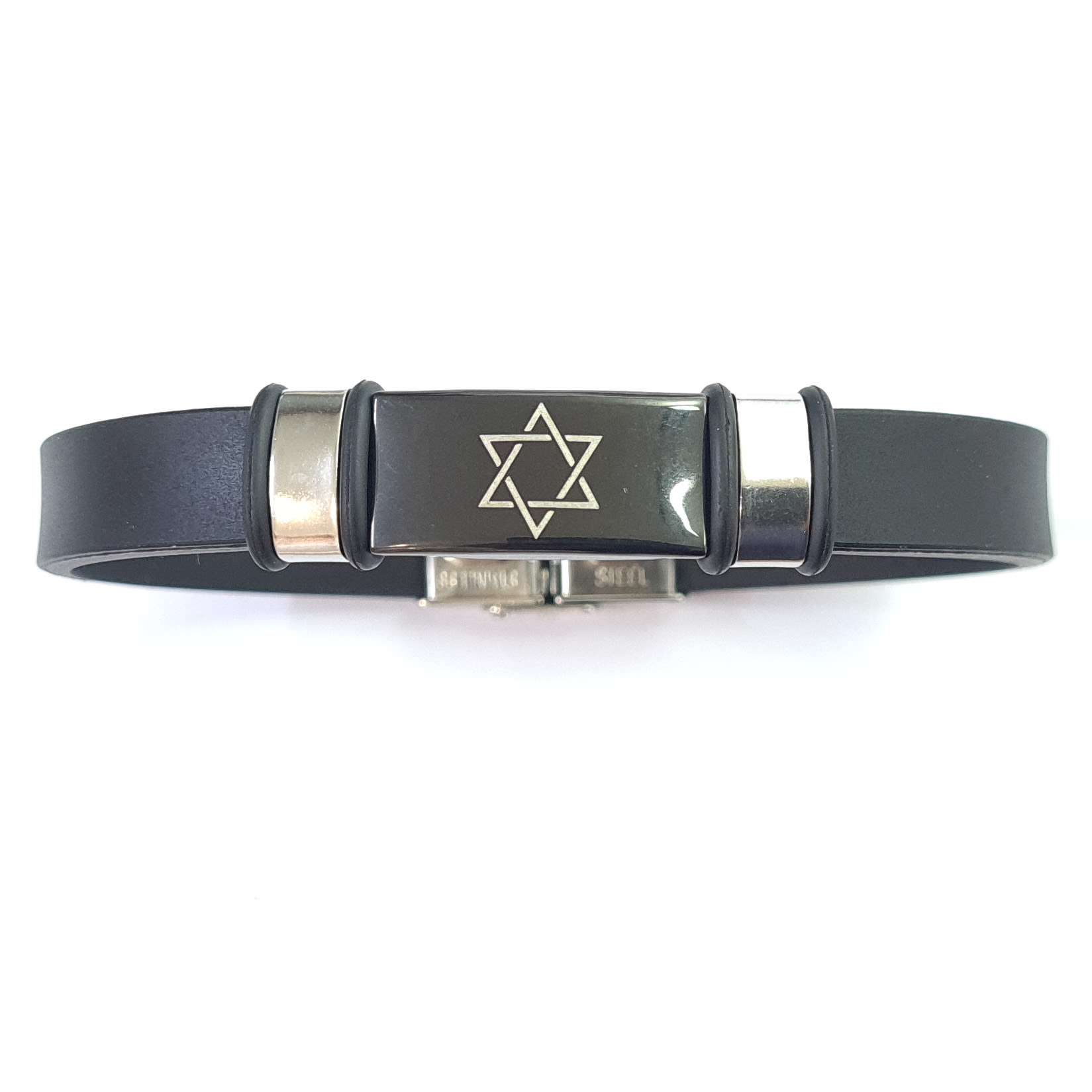
Always In Season
We can lament about how dangerous Greek culture is, and how they know exactly where to hijack a Jewish soul, but I think it is something much deeper…

In the beginning, G-d created the baseball season.
Everything comes to life. The weather perks up, the plants blossom, and the umpire screams – PLAY BALL! It’s springtime. All of us are filled with anticipation and excitement. There is a feeling of rebirth and rejuvenation in the air.
Life begins anew.
The season drags on. As the weather peaks, so does our intensity. Some teams make it to the playoffs, some don’t. As the playoffs give way to the World Series, the summer gives way to autumn. The end of the baseball  season means the end of the warm weather. The players begin their hibernation, we are all soon to follow. Fall breaks, and we spend less and less time outside.
season means the end of the warm weather. The players begin their hibernation, we are all soon to follow. Fall breaks, and we spend less and less time outside.
That can mean only one thing:
FOOTBALL!
Huddled in our dens, we watch attentively as the home team fights for a win. Sixteen grueling weeks of hard-nosed play resulting in a one month playoff to determine which two teams will make it to the most coveted event on earth – the Super Bowl.
As hundreds of millions of viewers crowd the airwaves, one of two teams will stand atop the football universe. The game arrives, the commercials are aired, and one team hoists the trophy. Then we turn off our televisions.
Darkness sets in.
For the next two months we have to bear the brunt of regular season basketball games until baseball resumes. We get “teased” with spring training. We get a taste of “March Madness.”
Eventually, just as night turns to day, and cold gives way to warmth, the light re-emerges.
Play ball!
The season begins anew.
Sound familiar?
That’s because it is! This yearly cycle mimics the Jewish Calendar almost to a tea.
Pesach arrives and with it the warm weather. We officially stop praying for rain. Often the first few days of the holiday of Matzas comes in with a light breeze. By the time we are packing away our special utensils, the sun is shining. Nobody in Israel thinks for a moment that he will see rain again for at least 6 months. We are outside more. It is easier to wake up in the morning. Our emotions and spirit are propelled by the abundance of daylight hours.
Shavuout comes and goes – pulling an all-nighter is much easier when you have a pleasant midnight breeze to refresh you. The summer intensifies – then begins to recede. Elul arrives and with it comes the anticipation of change. The High holidays introduce the fall season. We sit in our Sukkah knowing that change is in the crisp air.
The weather dims. Our days shorten. Fall arrives in full. The festivals are behind us and getting out of bed becomes more and more of a challenge.
Enter Hanukah. The snow and the rain haven’t exactly commenced, but we can feel that they are on the way. Winter is but a few days old and our bodies are still accustomed to the more moderate autumn weather. We light the candles and give one lasting hurrah.
Then darkness sets in.
The full force of winter arrives. The grueling months of January and February are the hardest. Waking up poses the double challenge of fighting the cold along with our weariness. The days are short. Whether waking up or going to sleep – it is always dark outside. Going outside is a far more infrequent occurrence while we pray that the heater in our car will work that much faster.
We celebrate Tu B’shvat amid the freeze. A small light brightening the void. We are in the heart of winter.
No baseball. No football. No holidays. No warmth.
We are in complete hibernation.
Then, a glimpse of brighter days begins to emerge.
Adar brings with it the scepter of spring. The freeze gives way to temperance. A day here and a day there we can go out for a walk with the kids. The sun’s presence is no longer a deceived by the invisible frosty winds. Flowers blossom. The bird’s return. Everywhere we look we can see evidence of the earth’s revival. We dawn our Purim costumes as our spirits emerge from their slumber. We will have to eat our goodies fast for soon it will be time to discard the Chametz.
Spring training arrives. Rosh Chodesh Nissan is soon to follow.
Hope returns.
As we prepare for our seder, the stadium groundskeepers are preparing for a new “order” of their own.
Life begins anew.
It’s a little scary how the sports cycle is so familiar to the Jewish one.
We can lament about how dangerous Greek culture is, and how they know exactly where to hijack a Jewish soul, but I think it is something much deeper. It’s something much sweeter.
Moshiach is coming. A brighter day is coming for all of us. As a natural progression of this spiritual and emotional process, all of us will soon abandon spectator sports for Torah. The same drama and excitement we derive from a close game will be the satisfaction we experience in successfully deciphering a passage of Gemara.
The Gates of Emunah call our current existence an ever changing world. The world is constantly transforming itself. It’s moving in a fixed direction. As it does, all of our interests change. Going from football to observant Judaism is a part of that change. It is not intimidating, fanatic, or even unlikely. It is perfectly normal and it is happening all around us.
That the yearly features of the sports calendar coincide very nicely with the Jewish year will make this transformation much simpler. Even as we contend with retiring our jerseys and tossing out our bumper stickers, we can be comforted with this: our awareness of these things has prepared us for what’s important. We are closer to the truth than we think.
Baruch Hashem, the inevitable transition from the “sports cycle” to the “Torah cycle” may not be that hard to make. Learning Torah is a good start, because it’s always in season. There’re still a few vacant seats left in your local study hall, folks – grab one!
* * *
Dovber Halevi is the author of the financial book, How to Survive the Coming Decade of Anxiety. He writes for Breslev Israel and The Middle East Magazine. He lives with his wife and two children in Eretz Yisrael.











Tell us what you think!
Thank you for your comment!
It will be published after approval by the Editor.